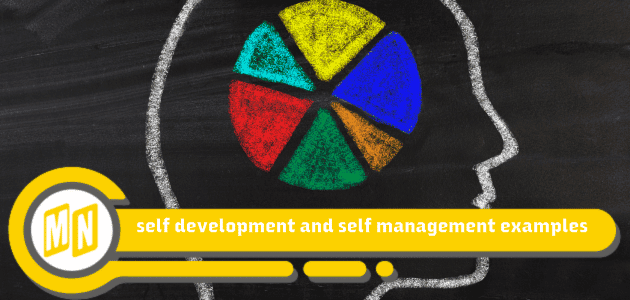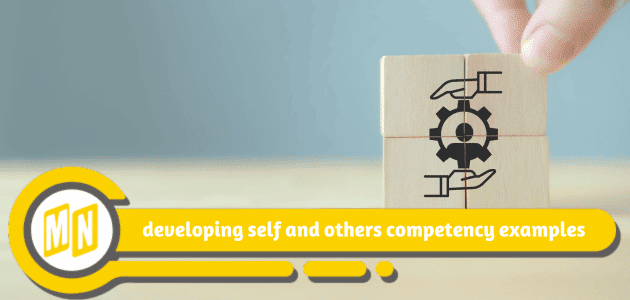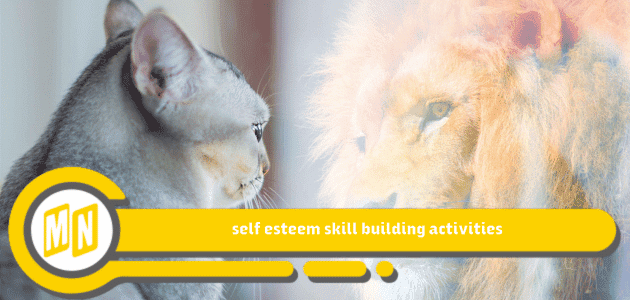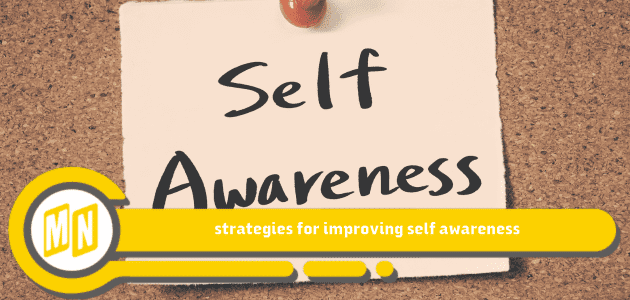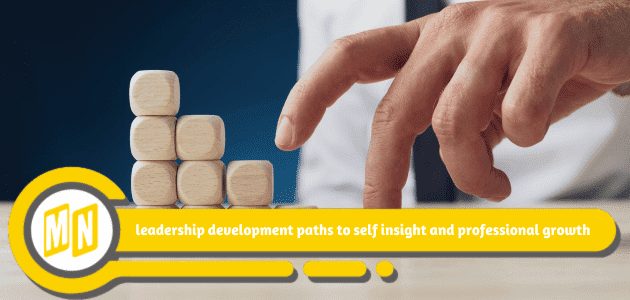self development and self management examples, In the realm of self-development and self-management, individuals have the power to shape their destinies and enhance their personal and professional lives. By cultivating positive habits and skills, individuals can unlock their full potential, boost productivity, and achieve their desired goals. This journey of self-improvement encompasses areas such as positive thinking, continuous learning, work-life balance, goal setting, time management, stress reduction, skill enhancement, habit building, self-discipline, and mindfulness practice. Embracing these practices not only fosters personal growth but also empowers individuals to take charge of their lives and navigate challenges with confidence and resilience. Let’s delve deeper into these transformative examples of self-development and self-management.
Contents
self development and self management examples
When it comes to self-development and self-management, incorporating positive thinking, continuous learning, and work-life balance can make a significant difference in one’s personal and professional life. Setting goals, mastering time management, and reducing stress are crucial examples of self-management skills that can enhance productivity and overall well-being. Moreover, building habits, practicing self-discipline, and mindfulness are powerful tools for fostering personal growth and resilience. Embracing these practices empowers individuals to take control of their lives, maximize their potential, and navigate challenges with confidence. Self-development and self-management are not only about achievement but also about holistic well-being and fulfillment.
Goal Setting
Setting goals is a fundamental aspect of self-development and self-management. By establishing clear and achievable objectives, individuals can stay focused, motivated, and organized in their personal and professional lives. Goal setting provides a roadmap for success, helps in prioritizing tasks, and allows for tracking progress. Whether short-term or long-term, goals give direction and purpose, leading to a sense of accomplishment and fulfillment. Embracing goal setting as a habit empowers individuals to push their limits, overcome challenges, and ultimately reach their full potential. Remember, setting SMART goals specific, measurable, achievable, relevant, and time-bound is key to effective goal setting.
Time Management
Managing time effectively is a crucial aspect of self-development and self-management. By prioritizing tasks, setting realistic deadlines, and avoiding procrastination, individuals can enhance their productivity and achieve their goals efficiently. Effective time management involves creating schedules, breaking down tasks into manageable chunks, and allocating time for essential activities. By mastering time management skills, individuals can reduce stress, improve work-life balance, and increase overall efficiency. Remember, time is a valuable resource, and how you manage it can significantly impact your personal and professional success. Practice good time management habits to make the most out of each day.
See also: examples of specialist knowledge expertise and self development
Stress Reduction
In today’s fast-paced world, stress has become a common and often debilitating issue that affects many individuals. To reduce stress, it is essential to develop effective self-management strategies. This can include practices such as mindfulness, meditation, physical exercise, and time management. By incorporating stress reduction techniques into daily routines, individuals can better manage their emotions, stay calm under pressure, and improve their overall well-being. Remember, taking care of your mental and emotional health is just as crucial as managing your time and work responsibilities. Prioritize stress reduction to lead a more balanced and fulfilling life.
Skill Enhancement
In the realm of self-development and self-management, skill enhancement plays a vital role in personal and professional growth. By continuously improving and expanding your skill set, you not only increase your value in the job market but also boost your confidence and adaptability. Skill enhancement can include taking relevant courses, attending workshops, seeking mentorship, and actively practicing new abilities. Whether it’s learning a new programming language, honing your public speaking skills, or mastering project management techniques, dedicating time to skill enhancement is a proactive step towards achieving your goals and staying competitive in today’s dynamic world.
See also: self esteem skill building activities: Invest in yourself
Habit Building
Developing positive habits is essential for personal and professional growth. Habit building involves creating routines that lead to productivity, success, and overall well-being. By consistently practicing good habits, such as time management, exercise, mindfulness, and goal setting, you can significantly improve your quality of life. Start small by identifying specific habits you want to cultivate and gradually incorporate them into your daily routine. Remember, habits take time to form, so be patient and consistent in your efforts to make positive changes that will benefit you in the long run.
See also: leadership development paths to self insight and professional
Self-Discipline
Self-discipline is the cornerstone of personal and professional success. It is the ability to control your impulses, emotions, and actions to stay focused on your goals. Developing self-discipline involves setting clear boundaries, creating a routine, and sticking to it even when faced with challenges. By practicing self-discipline, you can improve your time management skills, productivity, and overall well-being. Remember, self-discipline is like a muscle that needs regular exercise to grow stronger. Embrace discomfort, stay committed to your goals, and watch how self-discipline transforms your life for the better.
Mindfulness Practice
In the realm of self-development and self-management, mindfulness practice plays a crucial role in enhancing personal well-being. By incorporating mindfulness into daily routines, individuals can cultivate a state of awareness and presence, allowing them to better manage stress, improve focus, and regulate emotions. Some examples include spending quality time with friends, engaging in physical activities, practicing mindfulness meditation, and having the confidence to establish healthy boundaries. Mindfulness empowers individuals to acknowledge their inner experiences, accept them, and redirect attention to nourishing activities. Embracing mindfulness can lead to a more balanced and fulfilling life.
Positive Thinking
In the realm of self-development and self-management, fostering a positive mindset is key to unlocking personal growth and success. Positive thinking involves maintaining an optimistic outlook, even in challenging situations. By focusing on the good in every circumstance, individuals can boost their resilience, creativity, and overall well-being. Embracing positivity not only improves mental health but also enhances problem-solving skills and relationships. It’s about shifting perspectives, finding silver linings, and approaching life with a hopeful attitude. Cultivating positive thinking can lead to a more fulfilling and rewarding life journey.
See also: strategies for improving self awareness
Continuous Learning
In the fast-paced world of self-development and self-management, continuous learning is a vital component for personal growth and professional success. Embracing continuous learning means engaging in an ongoing journey of acquiring new skills and knowledge voluntarily and self-motivatedly. This approach highlights that personal development unfolds beyond traditional educational settings and adapts to various forms and formats throughout our lifetimes. By actively pursuing continuous learning, individuals can stay agile, relevant, and adaptable in the face of ever-evolving challenges and opportunities. It’s about nurturing a mindset of curiosity, growth, and resilience to thrive in today’s dynamic landscape.
Work-Life Balance
In the quest for work-life balance, individuals strive to harmonize the demands of their professional careers with personal well-being. Achieving this equilibrium involves setting boundaries, prioritizing tasks, and making time for relaxation and self-care. It’s essential to recognize that balance looks different for everyone, and there is no one-size-fits-all approach. Whether it’s through flexible work arrangements, mindful time management, regular breaks, or engaging in hobbies, finding the right balance is key to increased productivity, happiness, and overall satisfaction in both work and personal life. Striking a healthy work-life balance is a continuous journey that requires self-awareness and conscious effort.

